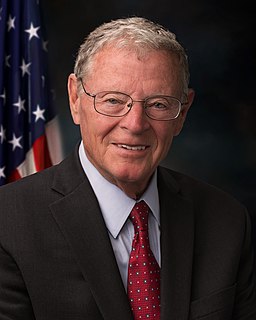A Quote by Ronen Bergman
Israel's discourse with the United States on the subject of Iran's nuclear project is more significant, and more fraught, than it is with Europe. The U.S. has made efforts to stiffen sanctions against Iran and to mobilize countries like Russia and China to apply sanctions in exchange for substantial American concessions.
Related Quotes
US opposition to Russia and China has entailed sanctions against Russia, and Russia in turn has made counter-sanctions against Europe. So Europe is essentially sacrificing its opportunities for trade and investment in order to remain part of NATO. It is also agreeing to bomb Syria and the Near East, creating a wave of refugees that it doesn't know what to do with.
The issue has two dimensions. One is the legal dimension and the other one is the issue at the realpolitik. [In the] legal realm, we believe in equal rights for all people in all nations. If Israel, the United States, Russia, Pakistan, other countries, China, have the right to have a nuclear program and nuclear bomb, Iran, too, must have that same right. Now, at the realm of realpolitik, because there is a global consensus against Iran, and because there are all manner of dangers facing Iran, I am opposed to this program.
Sanctions did indeed help to bring Iran to the negotiating table. But sanctions did not stop the advance of Iran's nuclear program. Negotiations have done that, and it is in our interest not to deny ourselves the chance to achieve a long-term, comprehensive solution that would deny Iran a nuclear weapon.
That`s how you end up with a guy like Dan Fried, overseeing the U.S. sanctions against Russia for Russia did in Ukraine and Crimea.Russia hates those sanctions more than they love life. They hate those sanctions. So, of course, you need your toughest and most experienced guy running those sanctions.
In the Islamic world, the U.S. is seen in two quite different ways. One view recognizes what an extraordinary country the U.S. is.The other view is of the official United States, the United States of armies and interventions. The United States that in 1953 overthrew the nationalist government of Mossadegh in Iran and brought back the shah. The United States that has been involved first in the Gulf War and then in the tremendously damaging sanctions against Iraqi civilians. The United States that is the supporter of Israel against the Palestinians.
If Donald Trump dismantles the agreement [the "Iran nuclear deal"] won by President Barack Obama with President Hassan Rouhani and the Iranian government and people: If he dismantles that, and puts greater sanctions on Iran, then we are leading to another war; another war inspired by Israel, another war that will bring China into war, Russia into war, Europe into war. And the Western world, in this war, will be taken completely down, and a whole new world is on the horizon.
Iran has been calling for it for years, and the Arab countries support it. Everyone except the United States and Israel support it. The U.S. won't allow it because it means inspecting Israel's nuclear weapons. The U.S. has continued to block it, and in fact blocked it again just a couple of days ago; it just wasn't widely reported. Iran's nuclear program, as U.S. intelligence points out, is deterrent, and the bottom line is that the U.S. and Israel don't want Iran to have a deterrent.
Everything we've done has been designed to make sure that we address that number one priority. That's what the sanctions regime was all about. That's how we were able to mobilize the international community, including some folks that we are not particularly close to, to abide by these sanctions. That's how these crippling sanctions came about, was because we [USA] were able to gain global consensus that Iran having a nuclear weapon would be a problem for everybody.
We support any deal that denies Iran nuclear weapons, that has a continuous and robust inspection mechanism and that has snap-back provisions in case Iran violates the agreement. Our concern is that Iran will use the income it receives as a result of the lifting of the nuclear sanctions in order to fund its nefarious activities in the region.































